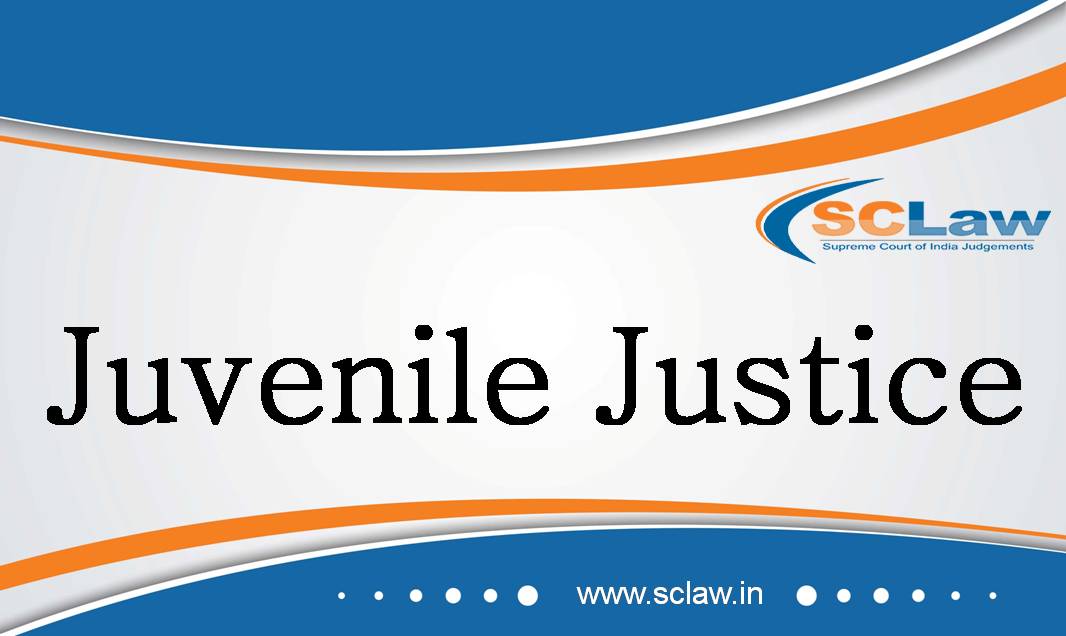Constitution of India, 1950 – Article 19(1)(g) – Right to establish an educational institution is a fundamental right under Article 19(1)(g) of the Constitution of India and reasonable restrictions on such a right can be imposed only by a law and not by an executive instruction – the validity of such instructionscan always be scrutinized on the touchstone of law.
SUPREME COURT OF INDIA DIVISON BENCH PHARMACY COUNCIL OF INDIA — Appellant Vs. RAJEEV COLLEGE OF PHARMACY AND OTHERS — Respondent ( Before : B.R. Gavai and Pamidighantam Sri Narasimha,…
HELD calculate terminal benefits as are payable to the appellants on the basis of the orders passed by the learned CAT dated 26th May 2008 and 7th July, 2010. The order of CAT was never challenged by UOI..
SUPREME COURT OF INDIA DIVISON BENCH R.D. KAUSHAL AND OTHERS — Appellant Vs. UNION OF INDIA AND OTHERS — Respondent ( Before : B.R. Gavai and Pamidighantam Sri Narasimha, JJ.…
Disproportionate income in the period between 1974 and 1988, FIR filed after twelve years the charge sheet after 7 years, application for discharge dismissed after decade, SLP decided after 6 years HELD superannuated from service in 2010 – now 72 years – Continuation of the prosecution, unjust – Discharge application allowed.
SUPREME COURT OF INDIA DIVISON BENCH KANCHAN KUMAR — Appellant Vs. THE STATE OF BIHAR — Respondent ( Before : B.R. Gavai and Pamidighantam Sri Narasimha, JJ. ) Criminal Appeal…
HELD It is evident from the report of the medical board that the first respondent was not a juvenile. The entire record which was sought to be relied upon by the first respondent in support of the plea of juvenility was fabricated. The High Court has erred in accepting the plea of juvenility.
SUPREME COURT OF INDIA DIVISON BENCH XYZ — Appellant Vs. ABHISHEIK AND ANOTHER — Respondent ( Before : Dr. Dhananjaya Y. Chandrachud and Hima Kohli, JJ. ) Criminal Appeal Nos…
Cancellation of Bail – Murder – Land dispute – Prior enmity – at the spot the accused persons named in the FIR attacked them and in the said incident brother of the informant died and other persons were seriously injured – Bail cancelled – Appeal allowed.
SUPREME COURT OF INDIA DIVISON BENCH YASHPAL SINGH — Appellant Vs. STATE OF UTTAR PRADESH AND ANOTHER — Respondent ( Before : M.R. Shah and Krishna Murari, JJ. ) Criminal…
HELD appellants never claimed any interest in the land and the fact that his bona fides are clear when he sought release in favour of 4th respondent i.e. the complainant, in our view, the application seeking discharge as filed by the present appellants deserves acceptance.
SUPREME COURT OF INDIA DIVISON BENCH P. VIJAY NATARAJ AND OTHERS — Appellant Vs. STATE AND ANOTHER — Respondent ( Before : Uday Umesh Lalit, CJI., and S. Ravindra Bhat,…
Murder – Bail – Cancellation of – As per the settled position of law, gravity and seriousness of the offence is a relevant consideration for the purpose of grant of bail – Role attributed to accused is catching hold of the deceased and the main role of causing injuries to the deceased is assigned to the co accused – Appeal allowed.
SUPREME COURT OF INDIA DIVISON BENCH NITU KUMAR — Appellant Vs. GULVEER AND ANOTHER — Respondent ( Before : M.R. Shah and Krishna Murari, JJ. ) Criminal Appeal No. 1547…
(CPC) – Order 1 Rule 10 – Impleadment as party – Unless the court suo motu directs to join any other person not party to the suit for effective decree and/or for proper adjudication as per Order 1 Rule 10 CPC, nobody can be permitted to be impleaded as defendants against the wish of the plaintiffs.
SUPREME COURT OF INDIA DIVISON BENCH SUDHAMAYEE PATTNAIK AND OTHERS — Appellant Vs. BIBHU PRASAD SAHOO AND OTHERS — Respondent ( Before : M.R. Shah and Krishna Murari, JJ. )…
Central Excise Rules, 1944 HELD Tribunal have rightly denied the Modvat credit to the appellant on ‘Guide Car’ and rightly confirmed the demand of Rs. 45,86,664/- being the Modvat credit availed by the appellant on ‘Guide Car’.
SUPREME COURT OF INDIA DIVISON BENCH M/S STEEL AUTHORITY OF INDIA LIMITED — Appellant Vs. COMMISSIONER, CENTRAL EXCISE AND CUSTOMS, BHUBANESWAR — Respondent ( Before : M.R. Shah and Krishna…
HELD we do not find that there was any fault, shortcoming or inadequacy in the quality, nature and manner of the performance on the terms and conditions on which allotment of the said apartment was offered to the appellants. Therefore, the appellants were not entitled to claim the refund of the consideration paid
SUPREME COURT OF INDIA DIVISON BENCH SUDHA AND OTHERS — Appellant Vs. JAIPRAKASH ASSOCIATES LIMITED — Respondent ( Before : Surya Kant and Abhay S. Oka, JJ. ) Civil Appeal…














